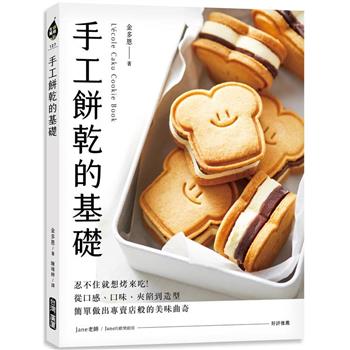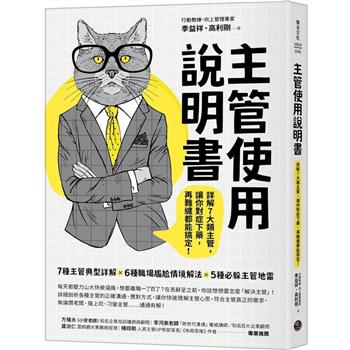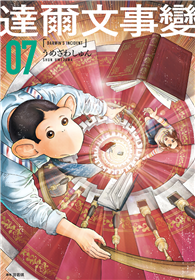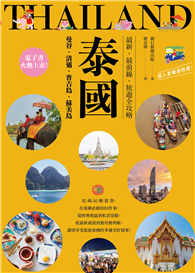This is the first modern study of the Fellowship of Merchant Adventurers - England’s most important trading company of the sixteenth century - in its final century of existence as a privileged organisation. Over this period, the Company’s main trade, the export of cloth to northwest Europe, was overshadowed by rising traffic with the wider world, whilst its privileges were continually criticised in an era of political revolution. But the Company and its membership were not passive victims of these changes; rather, they were active participants in the commercial and political dramas of the century.
Using thousands of neglected private merchant papers, Fellowship and Freedom views the Company from the perspective of its members, in the process bringing to life the complex social worlds of early modern merchants. For members, ’freedom’ meant not just the right to access a privileged market, but also to trade independently, which could conflict with the ’fellowship’ of corporate affiliation, and the responsibilities to the collective that it entailed. The study’s major theme is the challenge of maintaining corporate unity in the face of this and other pressures that the Company faced. It restores the centrality of the Merchant Adventurers within three important historical narratives: England’s transition from the margins to the centre of the European, and later global, economy; the rise and fall of the merchant corporation as a major form of commercial government in premodern Europe; and the political history of the corporation in an era of state formation and revolution.| FindBook |
有 1 項符合
Fellowship and Freedom: The Merchant Adventurers and the Restructuring of English Commerce, 1582-1700的圖書 |
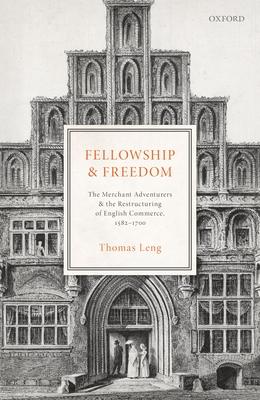 |
Fellowship and Freedom: The Merchant Adventurers and the Restructuring of English Commerce, 1582-1700 作者:Leng 出版社:Oxford University Press, USA 出版日期:2020-06-30 語言:英文 規格:精裝 / 352頁 / 普通級/ 初版 |
| 圖書館借閱 |
| 國家圖書館 | 全國圖書書目資訊網 | 國立公共資訊圖書館 | 電子書服務平台 | MetaCat 跨館整合查詢 |
| 臺北市立圖書館 | 新北市立圖書館 | 基隆市公共圖書館 | 桃園市立圖書館 | 新竹縣公共圖書館 |
| 苗栗縣立圖書館 | 臺中市立圖書館 | 彰化縣公共圖書館 | 南投縣文化局 | 雲林縣公共圖書館 |
| 嘉義縣圖書館 | 臺南市立圖書館 | 高雄市立圖書館 | 屏東縣公共圖書館 | 宜蘭縣公共圖書館 |
| 花蓮縣文化局 | 臺東縣文化處 |
|
|
圖書介紹 - 資料來源:博客來 評分:
圖書名稱:Fellowship and Freedom: The Merchant Adventurers and the Restructuring of English Commerce, 1582-1700
內容簡介
作者簡介
Thomas Leng, Senior Lecturer in History, University of Sheffield
|

